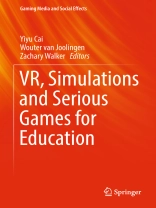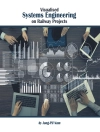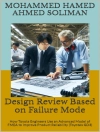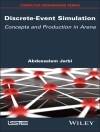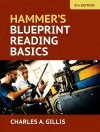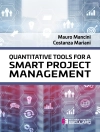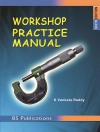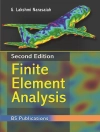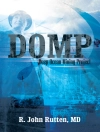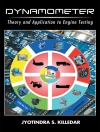This book introduces state-of-the-art research on simulation and serious games for education. Based partially on work presented at the 3rd Asia-Europe Symposium on Simulation and Serious Games (3rd AESSSG) held in Zhuhai, China as part of the 2016 ACM SIGGRAPH International Conference on Virtual-Reality Consortium and Applications in Industry (VRACI 2016), it includes a selection of the best papers from both.
The book is divided into three major domains of education applications that use simulation and serious games: science, technology, engineering and mathematics (STEM) education; special needs education; and humanity and social science education.
A valuable resource for researchers and developers in simulation and serious games for education benefit from this book, it also offers educators and professionals involved in training insights into the possible applications of simulation and serious games in various areas.
Inhoudsopgave
Introduction.- Design Considerations of Educational Simulations and Games.- Supporting Conceptual Change in Mechanics using a Serious Game.- Evaluation of a Re-designed Framework for Embodied Cognition Math Games.- Building Deeper Understanding of Biological Molecules with Augmented and Virtual Reality.- Study on Autism Education Through Motion Sensing Based Gaming.- Vehicle Behaviours Simulation Technology Based on Neural Network.- Block Tower: A Multi-player, and Cross-platform Competitive Social Game.- An Inquiry-based Approach for Learning System Dynamics and Modeling of the Prey-predator System.- A VR Serious Game for Special Needs Education.- Virtual & Augmented Reality Technology for Biology Education.- Supporting Special Education Students’ Internship: A VR-based Approach.- VR Enabled Learning of Independent Travelling for Special Needs Students in The Netherlands.
Over de auteur
Dr Yiyu Cai is Associate Professor with The College of Engineering, and The Institute for Media Innovation, Nanyang Technological University (NTU), Singapore. He received multi-disciplinary training in Mathematics, Computer Graphics, and Mechanical Engineering. In NTU, he teaches Computer Graphics, Virtual Reality, Visualization, Computer-aided Design and Manufacturing, Computational Biology, etc. Dr Cai has over 20 years research experience developing VR and simulation technology for applications in engineering, medicine and education. His research has been supported by both public and private sectors. He has published over 150 papers in peer-reviewed international journals and conferences and also has edited 5 books or journal special issues. He is associate editor with the journal Simulation and Gaming, and sits in editorial boards of several international journals. Part of his innovative and interdisciplinary research was or is being exhibited in Singapore Art Museum, Singapore Science Centre, and China National Science and Technology Museum. Dr Cai has co-organised several major international or regional conferences, and is keynote speaker or invited speaker at several international conferences. He has co-invented 5 patents granted or pending approval. He is former co-President of the International Simulation and Gaming Association.
Dr Wouter van Joolingen is professor of science and mathematics education and scientific director of the Freudenthal Institute, Utrecht University, the Netherlands. After graduating in physics from Leiden University he received a Ph D in instructional technology from Eindhoven University of technology. Dr. Van Joolingen has over 25 years of research experience in research and development in technology enhanced learning, in particular the use of simulations and modelling for education. His experience includes the co-leading a series of EU projects leading to the landmark systems Sim Quest and SCY that support simulation-based inquiry learning. He is author of over 150 papers in peer-reviewed journals and conferences, including two much-cited reviews on learning with simulations. He is member of the editorial board of the International Journal on Science Education and the Journal of Artificial Intelligence and Education and reviews for several other scientific journals. Currently his research focuses on the use of advanced simulation technology, such as VR and educational games in science education, with a focus on the way new technology can be integrated in classrooms.
Dr. Zachary Walker is an Associate Professor at the University College London Institute of Education (IOE). In his role at the Department of Psychology and Human Development, he leads the Master of Special Education and Inclusive Education (MASIE) and Master of International Leadership in Inclusive Education (MAILIE) graduate programs. He was named an Emerging Scholar by Think College (2012), and a Millennium Milestone Maker by the World Academy for the Future of Women (2015). He was also awarded the John Cheung Award for the Innovative use of Social Media in Teaching and Learning (2015) and nominated for the Wharton Reimagine Education Awards (2016). He has taught and advised in the United States, Asia, Europe, Central America, the Caribbean, and with UNESCO’s International Bureau of Education (IBE) on inclusive policy and practice, technology integration, and education leadership.
